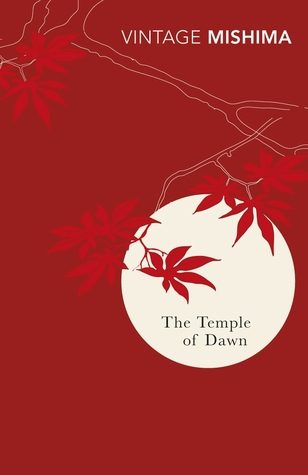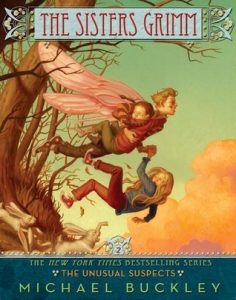Title: The Temple of Dawn
Author: Yukio Mishima
First published July 1, 1970
336 pages, Paperback
ISBN: 9780099282792 (ISBN10: 0099282798)
Rating: 3.83
Overview
Meet Yuki, a college student whose daily routine consists of hanging out with friends, browsing through social media, and shopping. Everything seems to be going on as usual until she meets Itsuomi-san, a friend-of-a-friend, during a train ride.
As they start to get to know each other, Yuki realizes that Itsuomi-kun can speak three languages except sign language, which she uses to communicate. Will the language barrier prevent them from taking their relationship to the next level, or will they find a way to convey their feelings to each other?
Discover a heartwarming story about two individuals from different worlds trying to bridge the gap between them in A Sign of Affection, Vol. 1, by Suu Morishita.
About the Author
Yukio Mishima was a Japanese author born in Tokyo in 1925. He graduated from Tokyo Imperial University’s School of Jurisprudence in 1947.
In 1944, his first book, The Forest in Full Bloom, was published and it was followed by Confessions of a Mask in 1949, which established him as a major author. From then on, he continued to publish novels, short stories, and plays every year until his death.
His most notable work is the Sea of Fertility tetralogy which consists of four novels: Spring Snow (1969), Runaway Horses (1969), The Temple of Dawn (1970), and The Decay of the Angel (1971). This series is considered one of the most important works of Japanese fiction in the twentieth century.
Unfortunately, Mishima committed seppuku, a ritual suicide, at the age of forty-five, one day after finishing the last novel in the Fertility series. His death was a spectacle that garnered worldwide attention.
Editoral Review
Yukio Mishima’s The Temple of Dawn is a gripping novel that explores the complexities of human existence, set against the backdrop of post-World War II Japan. Mishima is widely regarded as one of Japan’s finest writers and an icon in Japanese and world literature, known for his lyrical prose, vivid imagery, and examination of the themes of love, death, and the struggle for personal identity.
The Temple of Dawn is another wonderful addition to the author’s literary canon, a worthy companion to his acclaimed novels Spring Snow and The Sea of Fertility. First published in July 1970, The Temple of Dawn is a beautiful and fascinating journey that invites the reader to ponder the many nuances of life.
The books main character, Mizoguchi, is a young Japanese lawyer struggling to find meaning in his life while coming to terms with his own mortality. The novel follows his journey as he embarks on a spiritual pilgrimage, retracing the steps of his mentor, Honda, who undertook a similar journey years earlier.
Mizoguchi’s travels take him to Thailand, where he finds himself drawn to the beauty of the country and the mysterious temple of dawn, Wat Arun. Along the way, he meets his son’s beautiful Thai nurse and falls in love with her, causing him to question his loyalty to his deceased wife and Japanese culture.
Mishimas powerful writing style brings to life the vivid backdrop of Thailand and Japan, exploring cultural differences and highlighting the conflicting desires of the individual versus the society. The Temple of Dawn is a moving and profound novel that speaks to the human experience with grace and lyricism.
The novel is not without its flaws, however. The pacing is slow, and several scenes could have been omitted without affecting the overall story.
The character development, while quite effective at times, also falls a bit short, with Mizoguchi’s inner turmoil feeling superficial at times. Despite its flaws, The Temple of Dawn is a must-read for lovers of poignant and deeply moving literature.
Its insight into the human experience, its examination of cultural differences, and its lyrical storytelling make it a work of immense significance. The Temple of Dawn is a masterpiece that combines the spiritual, emotional, and intellectual aspects of the human experience, providing a deep and lasting impact on its readers.
In conclusion, I highly recommend this book to anyone who loves great literature. Its evocative prose, powerful imagery and themes, and extraordinary characters make this a powerful work that will stay with the reader long after the final page is turned.
With that, I give it a rating of 4.5 out of 5.



